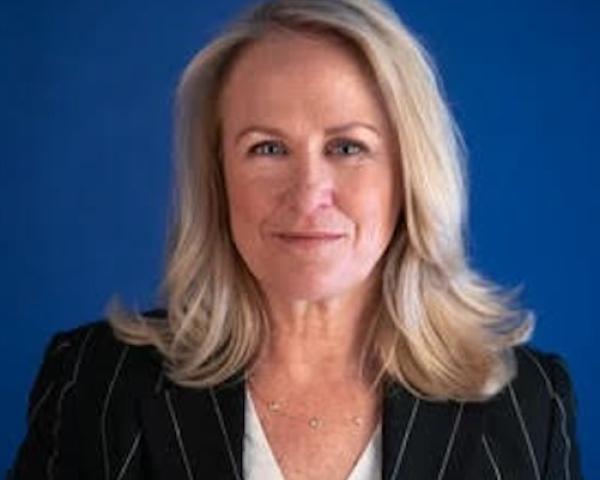I've never considered myself a flag-waving women's rights advocate. My philosophy has always been simple: Put your head down and do the work, and things will work out. For much of my career, I believed that hard work alone would even the playing field, regardless of gender.
But as I've learned more about workforce dynamics—especially in the insurance industry—and looked more closely at the data, one reality has become increasingly clear: Women, particularly those nearing or in retirement, are up against a set of challenges.
Sadly, the retirement landscape is very different for men than women. Women, on average, earn less than men throughout their careers, which directly affects their ability to save for retirement. According to the U.S. Census Bureau, women working full time in the insurance industry still earn just 82.7 cents for every dollar earned by men. This gap widens for women of color and as women advance in the ranks. Over a lifetime, this pay disparity can amount to hundreds of thousands of dollars in lost earnings.
Don't worry, this is definitely not an article that will try to sort that out! There are some easons for the disparity, such as taking time off to raise kids and caring for aging parents. The fact is, though, these income differences have lasting consequences. Research from the Transamerica Center for Retirement Studies reveals that the median retirement savings for women is just $43,000, less than the $91,000 for men. More strikingly, nearly 50% of women aged 55 to 66 have no personal retirement savings at all.
The real kicker is that women live longer. On average, women in the U.S. outlive men by about five years. That means women must stretch their fewer financial resources across more retirement years, increasing their risk of outliving their savings.
Rather than viewing this as a societal problem to fix, insurance companies ought to see it as a strategic opportunity. The hiring of female retirees to do project work isn't about charity—it's about performance. From underwriting to actuarial work, claims to compliance, this industry rewards institutional knowledge, professional discipline, and detail-oriented thinking. Female retirees offer all of that, along with years and sometimes decades of practical experience.
Like their male counterparts, female retirees often require less onboarding and can make immediate contributions. Male and female retirees alike can serve as mentors to younger professionals, helping to bridge the generational gap. In an industry where critical knowledge is often undocumented or informally passed down, this transfer of knowledge is crucial.
Additionally, diverse teams are smarter, more innovative, and more resilient. In fact, a 2015 McKinsey study of 366 companies found that those with diverse management were 35% more likely to have financial returns above their industry mean.
Hiring female retirees to take on project work is more than an HR initiative—it's a smart business strategy. It aligns with the insurance industry's core strengths: assessing risk, planning for the long term, and building trust. These women have navigated complex careers while balancing family lives and households. They're now ready to continue contributing by helping companies achieve their goals.
Insurance companies have an enormous opportunity to look at retirement not as an ending but as a new beginning. By hiring women for project work, companies can support meaningful second chapters for women while enriching their organizations with valuable talent.






